【新唐人2011年6月10日訊】說起非正常死亡,大家都知道,但是,提到非正常活著,就很少有人關注了。旅澳作家齊家貞,首次提出了非正常活著的概念,並用她自己苦難的人生經歷進行了詮釋。她在第二部自傳體小說《紅狗》中,將非正常活著的狀態活生生的呈現給讀者。
齊家貞書中講述的是,她揹負著“反革命”罪名,以「勞改出獄犯」的身份,在中國重慶艱難生活的經歷。
齊家貞:“(有一次)在夢裡面,我就看到一個人,他把一條小白狗的皮,活活的剝光,那個鮮血,把這個狗染成了一個紅肉球,它痛得週身顫抖不停,眼睛裡含著淚,這個時候,我就嚇醒了。等我醒來,我一想這只紅狗,我就覺得,我就是這只紅狗,因為沒有死,只得活下去。”
齊家貞生於1941年,1961年高中畢業時,懷著做「中國的居里夫人」的夢想,賣自己的血、賣母親的浪琴錶,兩次去廣州尋找出國留學的門路,結果,她和父親一起,被中共以叛國投敵的「反革命集團罪」判處重刑。
齊家貞:“《紅狗》書裡面所講的這些人,都是非正常活著的。我們這個非正常是指的受到政治壓力,政治迫害,是國家用政權的力量迫使你成為非正常活著的人。”
1971年,出獄後的齊家貞,不但沒有重獲自由的感覺,反而覺得又掉進了一個鐵幕似的大監獄中。她幾乎被剝奪了一切權利,喪失了作為人的高貴與尊嚴。齊家貞形容,那是比牢房裡的日子更為艱辛、複雜、令人心碎的生活。
齊家貞認為,中共造成八千萬中國人“非正常死亡”,這當然是滔天大罪,是人神共咀咒的,應該要討回公道。但是對於那些在中共的迫害下,沒有死去的人,也應該關注。
她說,“非正常活著”的人,也是中共建政後的滔天罪行,“非正常活著”的苦難不應該僅僅因為他們還活著,就視而不見。特別是在數字上遠遠超過八千萬,因為只要有一個人“非正常活著”,許多被他連纍的人也都會因為他而“非正常活著”。
這個“非正常活著”的概念提出後,引起了海內外許多中國人的共鳴,他們由此開始,對中國人的非正常生活狀態進行反思。
中國異見學者焦國標說:“非正常活著”這個概念非常重要,很生動的,很實在的反映了中國社會老百姓的生存狀態。他認為,全中國正常活著的人沒有幾個,大躍進時期,非正常死亡(餓死)的是三千多萬,與此同時“非正常活著”的不止是這個數字的十倍八倍。「文革」“非正常死亡”兩千萬,與此同時的每一個中國人都“非正常活著”。
他說,當前,全中國幾百萬的訪民,幾千萬的法輪功修煉者,幾千萬的地下教會信徒,上億的農民工,全都是在“非正常活著”;海外的流亡者,天安門母親,劉曉波、高智晟、陳光誠、胡佳、馮正虎、小喬等等,沒有一個是正常的活著的。
澳大利亞作家阿木則說,「從時間上說,中國大陸不止是一代人,而是幾代人都“非正常活著”。從空間上說,海外的許多華人,包括我自己,也在“非正常活著”,至少有相當的時間在“非正常活著”。」
也有評論認為,在中共政權高壓下,中國人在“非正常活著”,而在中國與世界關係千絲萬縷的今天,“非正常活著”的恐怕並不只中國人。
新唐人記者梁珍、周玉林、薛莉採訪報導。
『Red Dog』: Unnatural Life
Everyone knows about unnatural death, but few
pay attention to "unnatural living." Australian writer
Qi Jiazhen proposed this idea of unnatural living
and explained it with her painful life experiences.
In Qi』s book, 『Red Dog』 she described her agonizing life in Chongqing, China after been sent
to a labor camp for been a "counter-revolutionary."
Qi Jiazhen: "(Once) in a dream, I saw a person stripping the skin of a live white dog. Blood turned the dog into a red meat ball, the dog』s whole body was trembling in pain with tears in its eyes.
After I woke up, I thought about this red dog
and felt that I was that red dog, because I didn』t die,
I continued to live."
Qi Jiazhen was born in 1941. After graduating
from high school in 1961, she dreamed to become China』s "Madame Curie." She gave blood for money and sold her mother』s treasured watch. She went
to Guangzhou twice, trying to go abroad. Qi Jiazhen and her father were labeled a "counter-revolutionary" and punished for treason.
The people described in 『Red Dog』 live
unnatural lives. "We were suppressed and
prosecuted for political reasons. The regime used
state power to force you to live an unnatural life."
In 1971, Qi was release, but didn』t regain freedom.
She felt as though she had fallen into a bigger prison.
Qi was deprived of all rights and lost her dignity
as a human being. Qi said that her life was harder, more complex and painful than inside the prison.
Qi thinks that the fact the Chinese Communist Party (CCP) has caused 80 million "unnatural deaths"
is a dreadful crime that should be brought to justice. However, those who were persecuted
but didn』t die also require attention.
She said that unnatural living was another heinous crime of the CCP. This crime can not be ignored,
because these people are still alive.
The number of such people way exceeds 80 million.
For every single person living an unnatural life,
those close to him will also suffer unnatural living.
This "unnatural living" resonated among people
in- and outside of China. Many have begun to reflect on the unnatural living of the Chinese people.
Chinese dissident and scholar Jiao Guobiao said:
"Unnatural living is a very important concept
that realistically and accurately reflects people』s lives in China. He thinks that very few Chinese
are exempt from an unnatural life.
During the Great Leap Forward, 30 million died
from starvation, but those who lived unnaturally
were more than 8-10 times this number.
During the Cultural Revolution, 20 million died
and every Chinese lived an unnatural life."
He said, at present there are millions of petitioners,
tens of millions of Falun Gong practitioners,
tens of millions of underground Christians,
hundreds of millions of migrant workers,
all living unnaturally; overseas exiles,
Tiananmen mothers, Liu Xiaobo, Gao Zhisheng,
Chen Guangcheng, Hu Jia, Feng Zhenghu
and Xiao Qiao, none of them lives a natural life.
Australian writer Ah MuCe said, in terms of time,
already generations of Chinese live unnatural lives.
In terms of space, many overseas Chinese,
like herself, live unnatural lives for quite some time.
Some also commented that, under CCP』s pressure,
Chinese live unnatural lives, but with China being
so closely connected to the world now, Chinese
might not be the only ones who live unnaturally.
NTD reporters Liang Zhen , Zhou Yulin and Xue Li.
看下一集
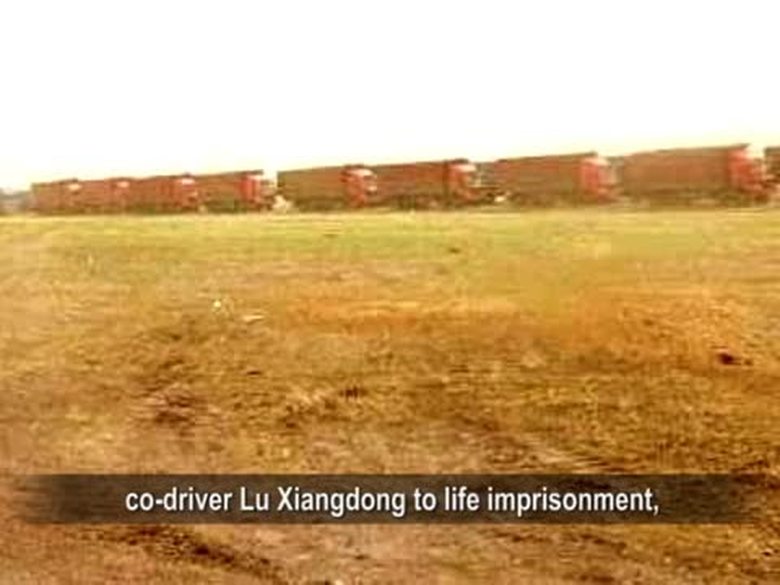
【禁聞】安內蒙 肇事司機判死 中共危機難解
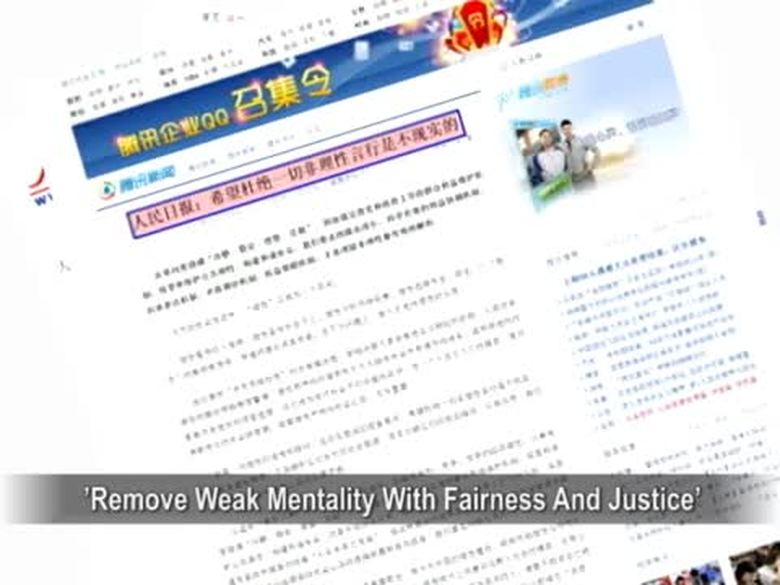
【禁聞】黨報頻繁變調 外界指高層三派混戰
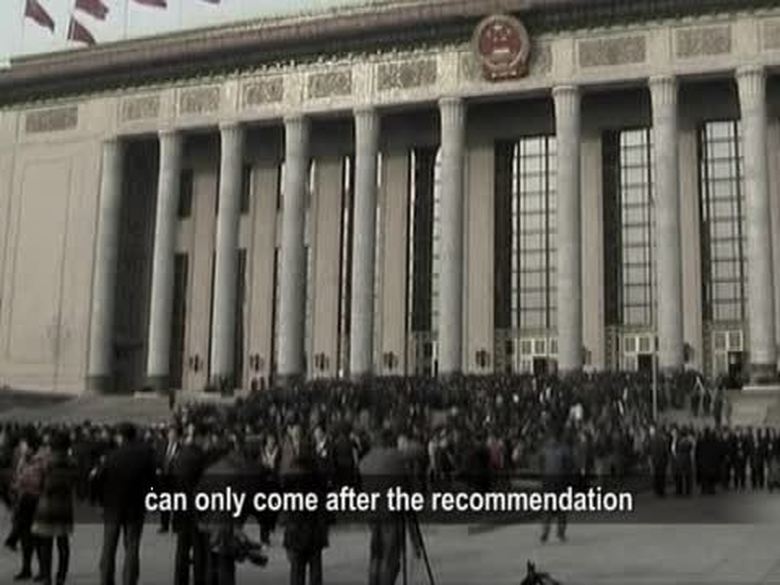
【禁聞】官批獨立候選人非法 民间仍要參選

【禁聞】清官?貪官?毛澤東爭議不斷

【禁聞】「滅共復國」嚇壞中共 綠島籲中放輕鬆
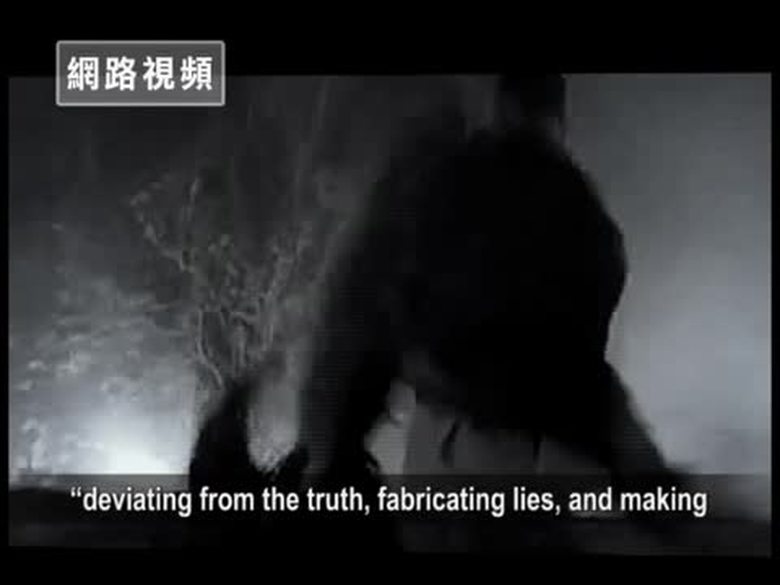
【禁聞】「批紅衣演黃戲」紅劇被批太離譜
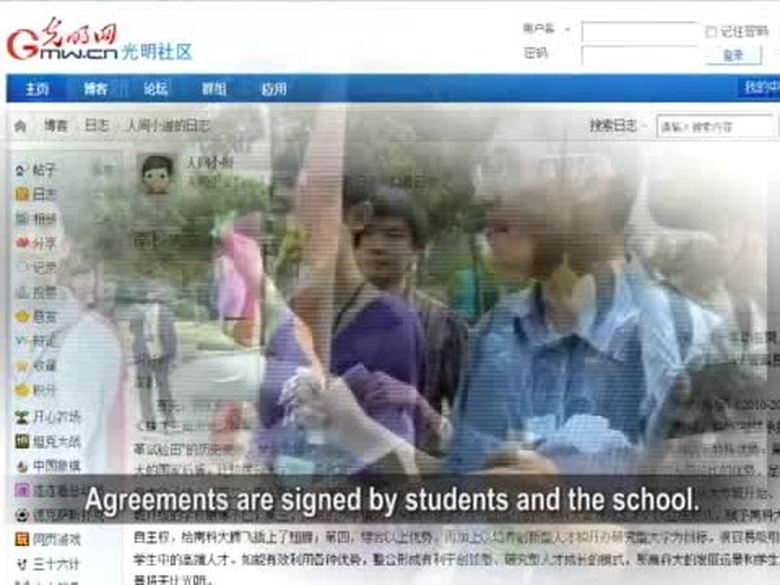
【禁聞】南科大罷考 挑戰高考制度

【禁聞】慾到美國圈錢 中國公司成打假目標
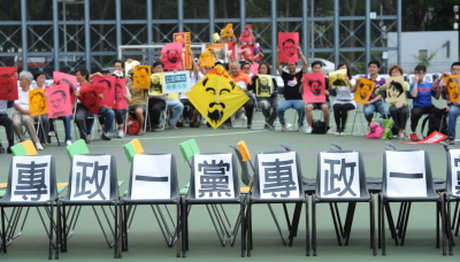
【禁聞】中共有理執政?專家唱衰
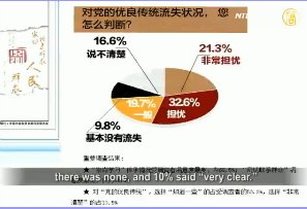
【禁聞】民眾回應官媒調查:中共沒優良傳統

【禁言博客】“唱紅歌”的幾大錯誤

【禁聞】曝豪華政府樓 齊崇淮延長囚禁8年
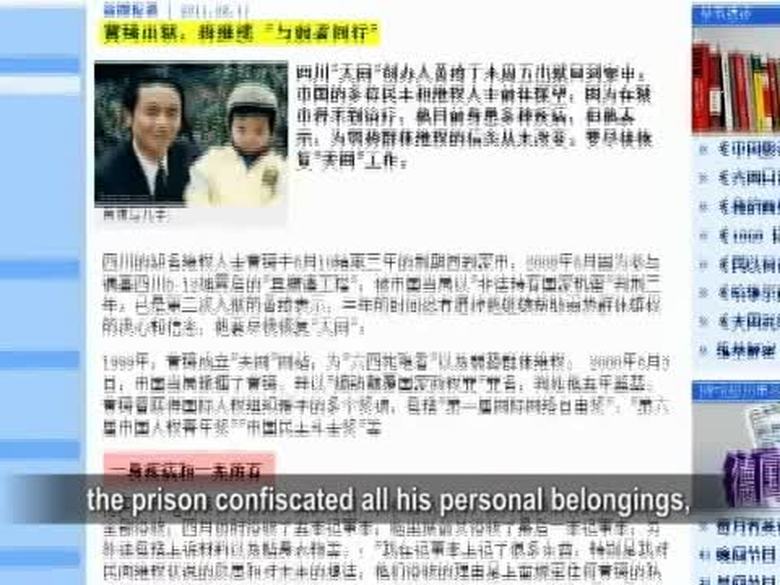
【禁聞】黃琦病情加重 出獄後維權信念未變
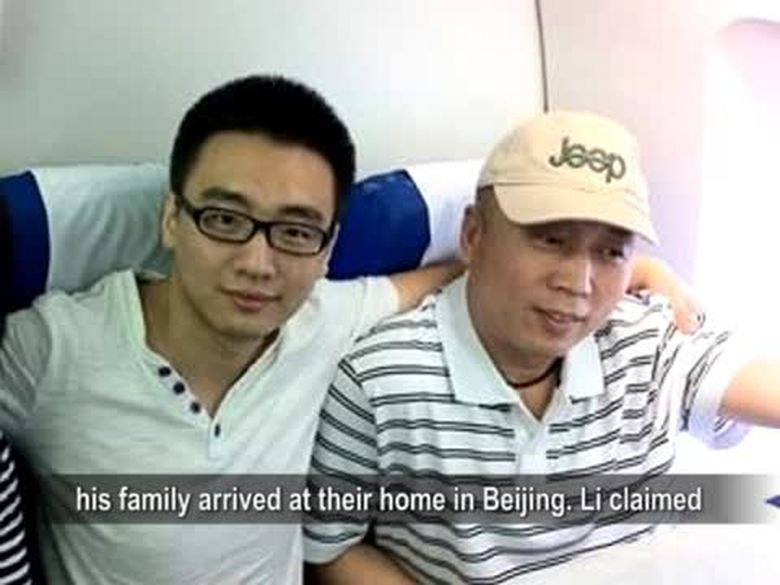
【禁聞】李莊自由了!中國律師的前景呢?

【禁聞】中共加裝偷聽器 中港車全竊聽
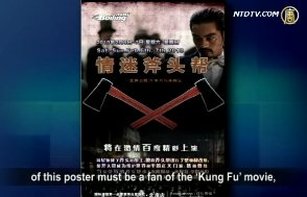
【禁聞】《建黨偉業》海報 「斧頭幫」再現








